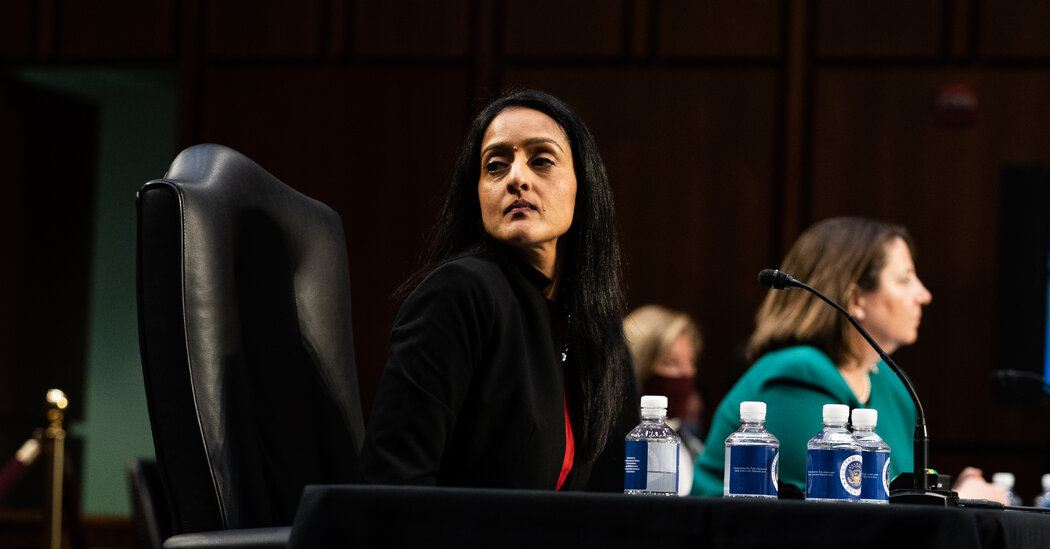
LADY JUSTICE: Women, the Law, and the Battle to Save America, by Dahlia Lithwick
In 1873, the U.S. Supreme Court decided that women had no constitutional right to practice law. Indeed, as Dahlia Lithwick notes in this stirring book, a justice explained that the “natural and proper timidity and delicacy which belongs to the female sex evidently unfits it for many of the occupations of civil life.” But, in reaction, women mobilized to change the laws — and, ultimately, to become lawyers themselves.
“Lady Justice” focuses specifically on the women who, since the election of 2016, have mobilized against Trumpism and its threats to the rule of law. Combining biography and analysis, Lithwick — a lawyer and writer who covers legal matters for Slate — profiles several members of the profession who may not yet be household names, but who have, in her view, done real work to save American democracy. From Sally Yates and Becca Heller, who fought against the travel ban on Muslim-majority nations in the earliest days of Trump’s presidency, to Brigitte Amiri and Vanita Gupta, two women of immigrant backgrounds who resisted, among other things, the president’s efforts to prevent abortions and separate families at the U.S.-Mexico border, “Lady Justice” illustrates how “in a constitutional democracy, enduring power lies in the people who step into the fight.” Lithwick’s approach, interweaving interviews with legal commentary, allows her subjects to shine. She unabashedly casts them as heroines with the tenacity and courage to resist governmental pressure at crucial moments, but at the same time she rejects a simplistic, naïve narrative of social progress.
Attempting to redress a historical record that routinely denied women credit for their contributions to law, Lithwick notes that “change doesn’t result exclusively from the biographies of a Guy in a Hat Who Did a Thing.” This book, she explains, is not just the story of these people, but one about “timeless constitutional values: dignity, equality, justice, law, truth and reason.” And yet, by the book’s conclusion, the narrative is complicated; chapters that bring us to the present day reveal a reluctant but palpable doubt as to whether American constitutional democracy will, in fact, ultimately empower women.




